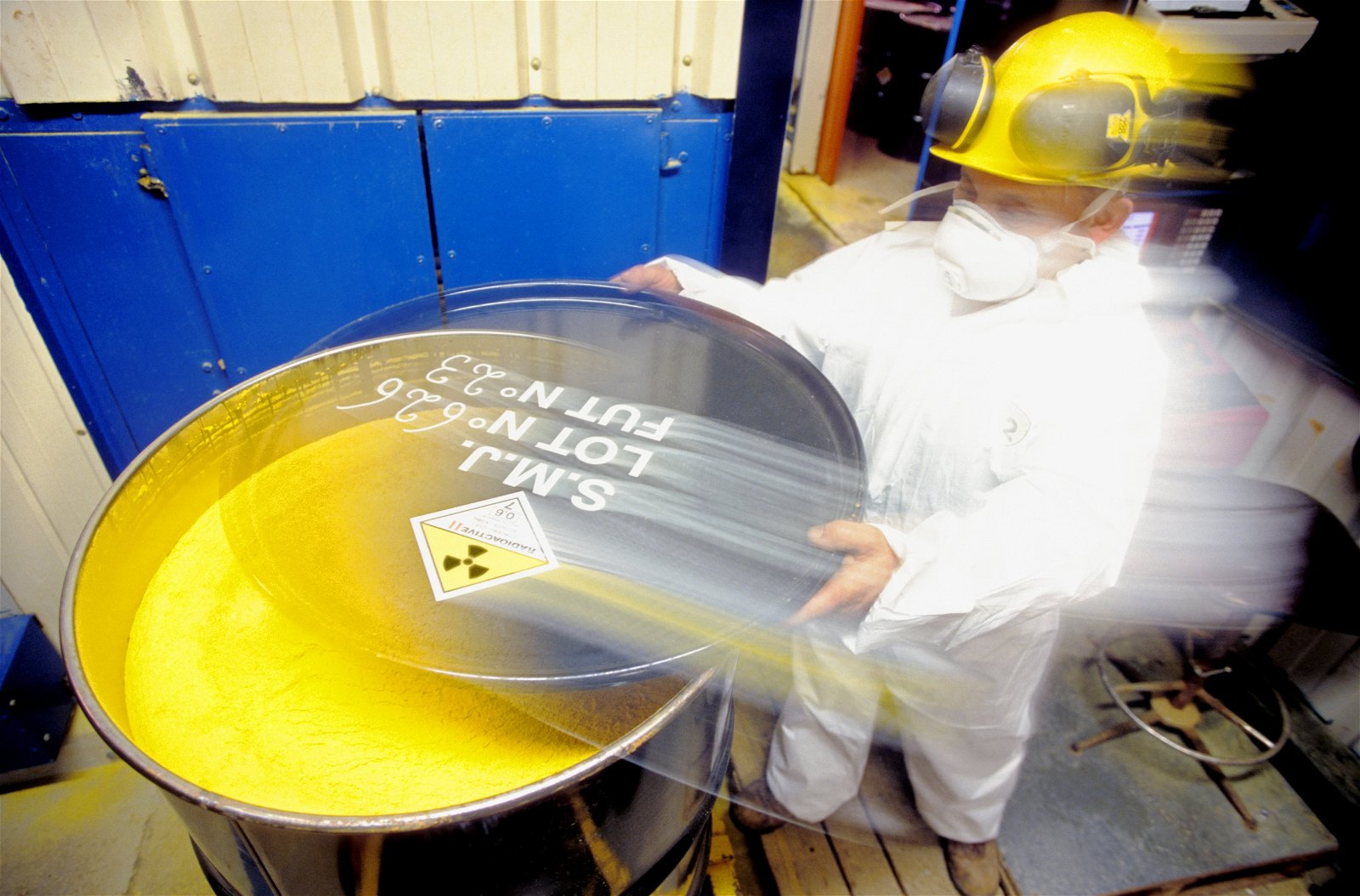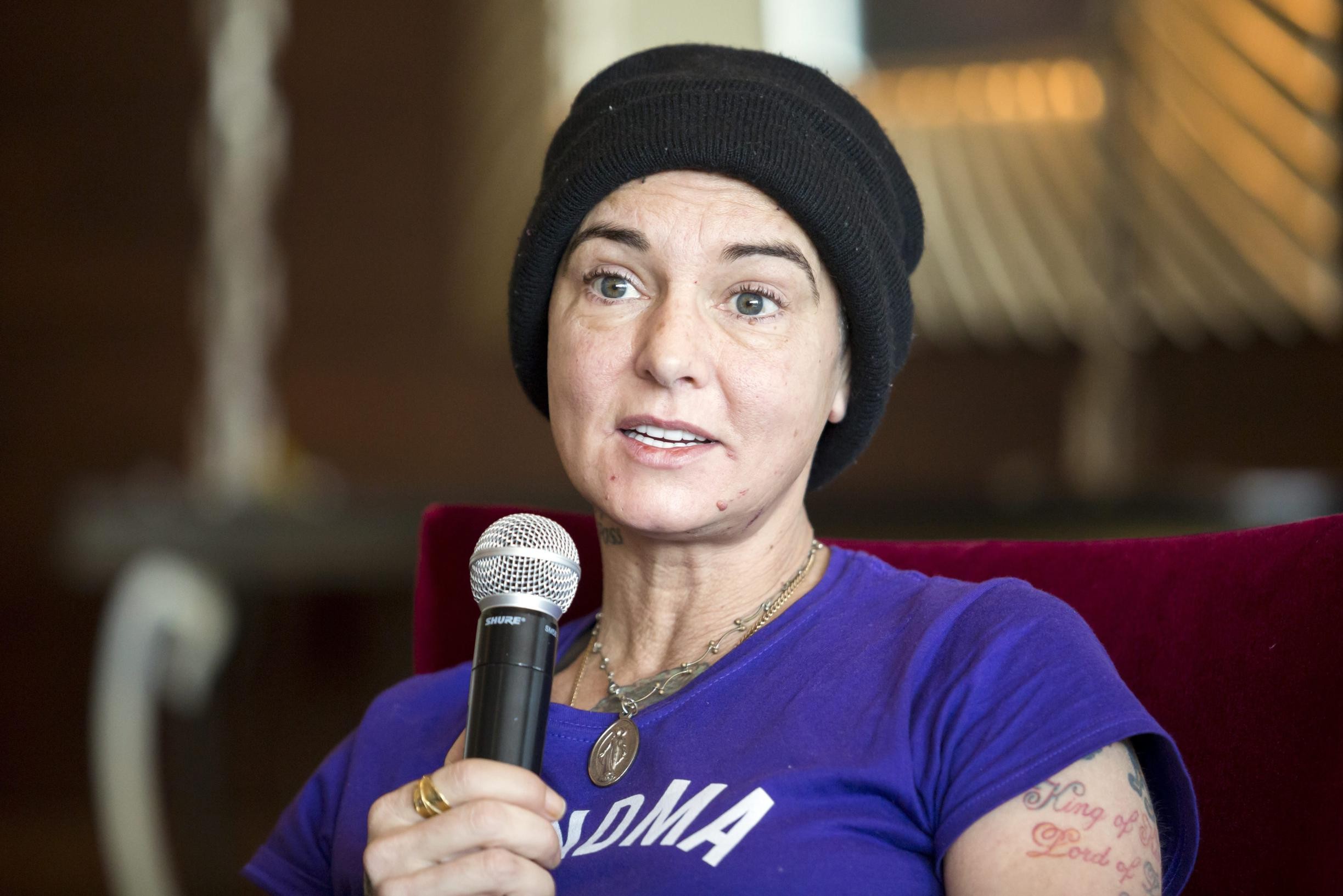The social unrest in Kazakhstan can lead to price increases or supply problems for the nuclear raw material uranium. It is one of the reasons why the Kremlin is following developments in the former Soviet republic with more than usual interest.
The mines of Kazakhstan include 12 percent of global uranium reserves. In 2019, the country, which has been the main producer for years, alone accounted for 43 percent of the total production of the nuclear feedstock. The government has a firm grip on the uranium sector through the company Kazatomprom, which is three-quarters owned by the state. The remaining quarter is freely tradable, including on the London Stock Exchange.
Uraniumprijs
Kazatomprom, and thus actually the Kazakh government, helps determine international uranium prices. For example, the state-owned company, like its peers, has scaled back uranium production in recent years to support prices.
International uranium prices rose by about 8 percent on Wednesday in a first response to the unrest. The share of Kazatomprom plunged sharply lower on the London stock exchange, only to recover on Friday after soothing language from Kazakhstan. A spokesman for Kazatomprom said that production will not be affected by the unrest, which mainly takes place in the cities and far from the mines.
Fear of faltering logistics
International deliveries can continue as usual, he assured. But communication networks, including the Internet and telephone lines, remain deeply disrupted. That worries analysts. “The turmoil has little impact on production, but telecommunications disruptions could disrupt the logistics chain,” writes credit rating agency S&P in a first. to analyse.
Nuclear power stations also have large reserves of uranium, precisely to anticipate unexpected events such as in Kazakhstan.
Geopolitical interests
It is therefore hardly surprising that Russia sent soldiers to its neighboring country to help the government. Kazakhstan is not only crucial for uranium, but is also a major oil producer. Former President Nursultan Nazarbayev, Kazakhstan’s decades-long strongman, is a staunch ally of Russian President Vladimir Putin.
The now 81-year-old Nazarbayev resigned in 2019 and chose his confidant Kassym-Jomart Tokayev as his successor. It is unclear whether their relationship is still as good as before.
What is certain is that the Kremlin wants to maintain or perhaps expand its impact on Kazakh policy. Because the United States also wants more influence. Putin will undoubtedly do everything he can to block the Americans.
(lp)
–


